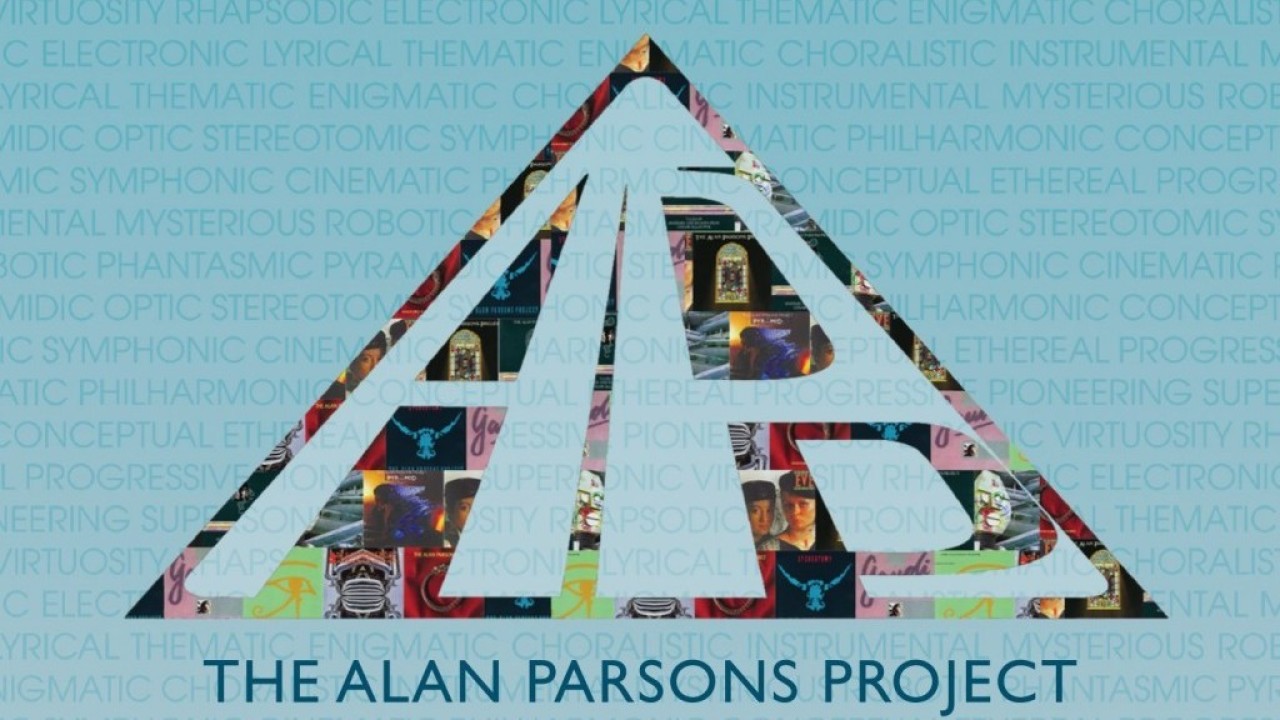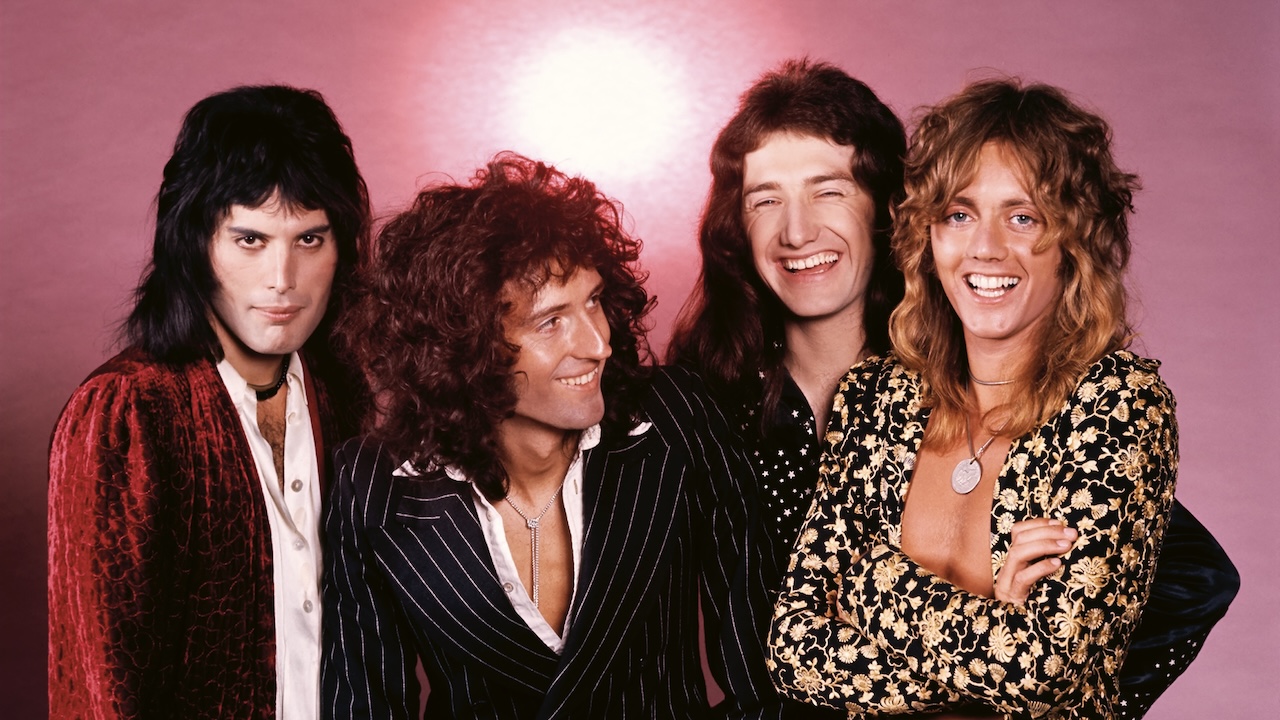You can trust Louder
June, 1976. As punk bubbles up from the London sewers, singles buyers tra-la-la to Wings and the Wurzels. Peter Frampton is coming alive and the Stones are turning black and blue. Out of nowhere, and to little fanfare, the Alan Parsons Project landed among us. Suddenly, here was a studio collective, steered by Beatles and Floyd graduate Parsons and his wily foil Eric Woolfson, with the depth of experience to scale the mountainous challenge of bringing Edgar Allan Poe into art rock.
Tales Of Mystery And Imagination became one of the most unfashionable but most-played albums in my collection, the brilliance of its rendition complemented by an enticing gatefold sleeve detailing the back stories of the principal musicians and tantalising details of the ill-starred life that led Poe to create their literary inspiration. With ingenious casting, cameo appearances yanked the stories off the page and onto the rudimentary hi-fi, from Arthur Brown on The Tell-Tale Heart to John Miles’ (The System of) Doctor Tarr And Professor Fether – impossibly, a top 40 single in the US – to the dream-like closer To One In Paradise, with Terry Sylvester of the Hollies.
I was not exactly among friends. With the three-chord tricksters soon to take over the asylum, Tales flickered onto the lower rungs of the bestsellers for precisely a week. In America, it charted for nearly a year, foretelling a run of seven consecutive gold or platinum albums and 50 million career sales worldwide.
Such an extended set-up to Legacy’s first-ever CD box of the APP’s 11-year heyday feels important, to establish how simultaneously innovative and uncool the projects were on initial UK appearance. Sensibly, The Complete Studio Albums offers no outtakes, no cast-offs, just the meat of their formidable 10-album catalogue, plus a long- sought unreleased set, of which more in a moment. All ten lay out their audacious, wide-ranging thematic principles and bring them home within 35-40 minutes, not an ounce of fat to be chewed. Every one is full of complex but accessible expositions and, ironically given that initial indifference, umpteen should-have-been hit singles.
I Robot (reviewed in these pages as an individual deluxe reissue some months ago) relocated Parsons and Woolfson at the modern end of the sci-fi spectrum, amid the short stories of Isaac Asimov. But it’s vital now, as it was then, to know that, much as the vast sweep of the group’s narratives made the projects conceptual masterworks, you could always just hum the tunes and admire the instrumentation if you preferred.
The expertise of top vocal technicians from Colin Blunstone to Allan Clarke was strongly complemented in each changing cast list by lesser-known, equally skilled singers like Lenny Zakatek and Chris Rainbow, not to mention Woolfson himself and even, on occasion, Parsons. Listening to them all again in sequence, there’s a practised sense of continuity in the combined ambience of orchestral arrangement, choirs and traditional soft-rock keyboards and guitars. ‘I wouldn’t want to be like you,’ muses Pilot’s David Paton on I’d Rather Be A Man, from 1979’s Eve, echoing the title of a track from two albums earlier.
Among all the complexities of such works as Pyramid, Ammonia Avenue and even 1987’s last official project, Gaudi, lies a trove of catchy tunes. From Blunstone’s now better-known Old And Wise to Miles’ incisively sad Shadow of a Lonely Man, and from the Spectoresque Don’t Answer Me, to Gary Brooker’s moist-eyed Limelight and the perfect 45 rpm vignette that was Woolfson’s Eye In The Sky, this is rich bounty.
Sign up below to get the latest from Prog, plus exclusive special offers, direct to your inbox!
The filling dessert is the newly-available The Sicilian Defence, planned as the eleventh release in 1981, but shelved during a period of advanced acrimony between artist and label. In an entirely wordless set, perhaps to be deliberately difficult for the beancounters, beautifully refined piano instrumentals alternate with synthesised polyrhythms. It adds one more chapter to the endless mystery and imagination of a historic body of work.
Prog Magazine contributor Paul Sexton is a London-based journalist, broadcaster and author who started writing for the national UK music press while still at school in 1977. He has written for all of the British quality press, most regularly for The Times and Sunday Times, as well as for Radio Times, Billboard, Music Week and many others. Sexton has made countless documentaries and shows for BBC Radio 2 and inflight programming for such airlines as Virgin Atlantic and Cathay Pacific. He contributes to Universal's uDiscoverMusic site and has compiled numerous sleeve notes for the Rolling Stones, Eric Clapton and other major artists. He is the author of Prince: A Portrait of the Artist in Memories & Memorabilia and, in rare moments away from music, supports his local Sutton United FC and, inexplicably, Crewe Alexandra FC.


